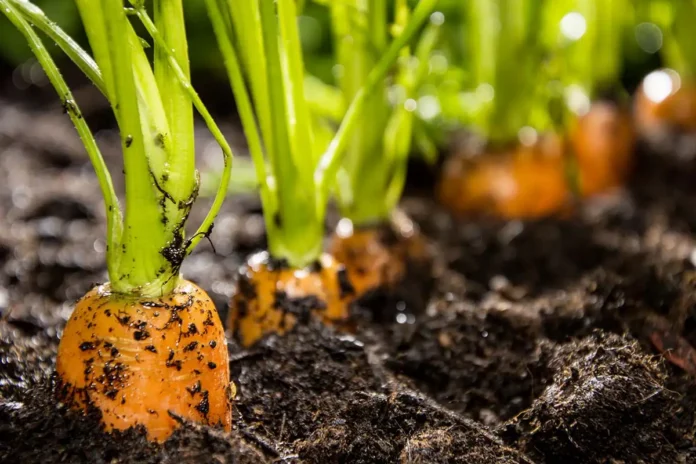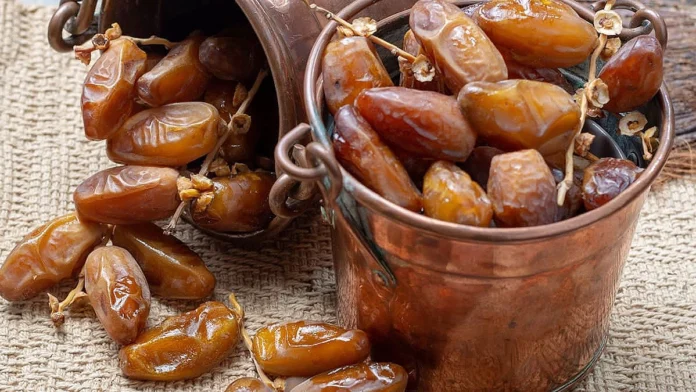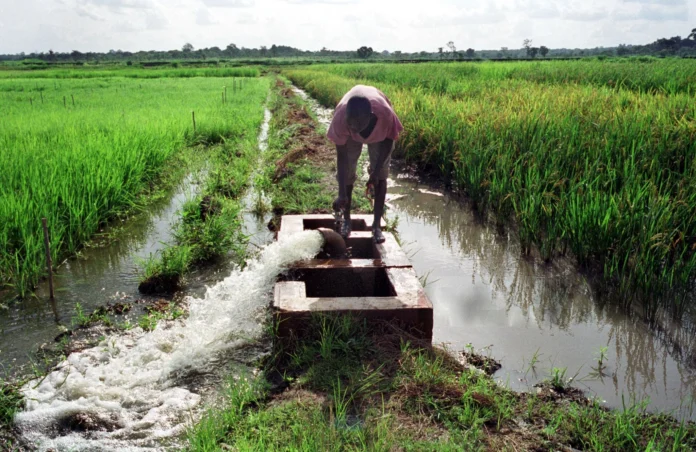Arabfields, Bologna, Italy — As Italy’s hospitality and food processing industries grapple with labor shortages, rising operational costs, and a growing emphasis on sustainability, the demand for ready-to-use fresh-cut vegetables has surged, transforming the nation’s produce sector into a beacon of efficiency and innovation. At the forefront of this shift stands Naturitalia, one of the country’s premier agricultural cooperatives, whose expanded partnership with member cooperative Patfrut is set to redefine supply chains for high-volume buyers. With a state-of-the-art facility in Medicina, east of Bologna, now fully operational, Naturitalia is poised to deliver a substantial increase in pre-prepared potatoes, carrots, onions, and pumpkins by 2026.
This strategic alliance, bolstered by recent multimillion-euro investments in processing infrastructure, addresses the evolving needs of the horeca (hotels, restaurants, and catering) sector and industrial processors, where convenience meets uncompromising quality. “These products aren’t just about saving time, they’re about empowering chefs and operators to focus on creativity while maintaining the authenticity of Italian flavors,” said Gianluca Lucchi, Naturitalia’s domestic sales coordinator. His words underscore a broader trend: Italian consumers and professionals alike are prioritizing traceable, minimally processed foods that align with health-conscious lifestyles and environmental imperatives, a movement gaining momentum amid 2025’s economic pressures.
Italy’s fresh-cut produce segment has evolved from a boutique offering to a cornerstone of the fruit and vegetable processing market. Domestically, the sector benefits from the country’s agricultural diversity, with specialized farms spanning thousands of hectares dedicated to fresh-cut cultivation. This infrastructure supports a supply chain that emphasizes short-field-to-fork distances, ensuring peak freshness for items like the hearty root vegetables central to Naturitalia’s lineup.
Demand drivers are multifaceted. The horeca industry is under strain from a growing vegetarian and vegan population, particularly concentrated in northern urban hubs like Milan and Bologna, pushing menus toward plant-based, nutrient-dense options. Meanwhile, food processors serving retail giants and institutional clients are scaling up to meet expanding needs in horeca-specific processed vegetable categories. Seasonal staples such as pumpkins, which evoke Italy’s autumnal harvest traditions, and versatile potatoes have seen particular uptake; for instance, fresh-cut potatoes are now a staple in centralized kitchens of major supermarket chains, used for everything from roasted sides to gourmet gnocchi fillings.
Broader 2025 trends amplify this appetite. Health-focused consumers, influenced by the Mediterranean diet’s resurgence, are boosting intake of fruits and vegetables, with a premium on organic and clean-label variants. Fermentation and minimal processing techniques, echoing Italy’s heritage of preserved vegetables like pickled onions and balsamic-infused carrots, are also trending, as seen at industry events where horeca innovations take center stage. Yet challenges persist: water pollution from processing and packaging waste remain environmental flashpoints, prompting cooperatives like Naturitalia to adopt eco-friendly practices early.
Naturitalia’s collaboration with Patfrut, a Bologna-based specialist in tubers and root crops, exemplifies the cooperative model’s strength in fostering resilience. Patfrut’s Medicina plant sources all raw materials from affiliated farms, enabling traceability from soil to shelf, a feature increasingly demanded by regulations and discerning buyers.
The facility’s operations are a marvel of precision engineering. Produce arrives daily from Emilia-Romagna’s fertile plains, undergoes automated washing, sorting, and peeling, then high-speed dicing tailored to client specs, think uniform carrot batons for soups or pumpkin cubes for risottos. Items are then vacuum-sealed in modified-atmosphere bags that extend shelf life to 10-14 days without compromising crispness or nutrition. Conventional lines cover the full quartet of potatoes, carrots, onions, and pumpkins, while organic offerings focus on potatoes and carrots with expansions planned for 2026.
Gabriele Ferri, Naturitalia’s general manager, emphasized the facility’s versatility: “We’re not just processing vegetables; we’re crafting solutions that reduce kitchen waste by up to 30% and labor by 40%, all while preserving the terroir that makes Italian produce world-renowned.” This aligns with Patfrut’s certifications in international standards, ensuring compliance with the stringent hygiene demands of horeca environments.
By 2026, full integration promises a significant volume ramp-up, potentially doubling output to meet escalating orders from chains like Coop and Esselunga, which have piloted fresh-cut lines in their in-store delis. Lucchi forecasts a 15-20% year-over-year increase in horeca sales, driven by new clients in event catering and ready-meal production. “The feedback is unanimous: our products deliver on versatility without sacrificing that fresh-from-the-farm taste,” he added.
Naturitalia’s approach is deeply rooted in sustainability, a non-negotiable in 2025’s eco-aware landscape. As a member of a major industry consortium, the cooperative leverages integrated production systems that minimize chemical use and maximize biodiversity. Farms affiliated with Patfrut employ drip irrigation and cover cropping to conserve water, critical amid Italy’s recurrent droughts, while compostable packaging trials aim to slash plastic waste by 25% next year.
This ethos extends to product innovation. Naturitalia has unveiled expansions in complementary categories to round out its fresh-cut portfolio. Looking ahead, the cooperative eyes hybrid offerings, such as pre-marinated onion wedges infused with regional herbs, blending tradition with convenience.
Industry observers see parallels with global shifts. In Europe, processed vegetable volumes are tipped for growth in 2025. In Italy, where per capita vegetable consumption reflects strong produce affinity, the fresh-cut niche could capture more market share by decade’s end.
No expansion is without hurdles. Italy’s 2025 growing season has been marred by erratic weather, prolonged rains delaying pumpkin harvests and heatwaves stressing carrot yields, forcing cooperatives to diversify sourcing across northern and southern regions. Rising energy costs for automated lines add pressure, though Naturitalia’s scale allows for hedging through long-term supplier pacts.
Competition intensifies too, with imports from neighboring countries eyeing Italy’s horeca gaps. Yet, local sourcing gives Naturitalia an edge: shorter supply chains mean lower carbon footprints and fresher arrivals, resonating with Italians who factor health and sustainability into purchases.
As Naturitalia and Patfrut scale their ambitions, they are not merely supplying ingredients but fueling a renaissance in Italian cuisine. Fresh-cut produce enables bolder experimentation, imagine cipolle agrodolci relishes elevating aperitivi or pumpkin purees reimagining tortelli in fine-dining spots, while supporting small farms through fair-trade premiums.
In a year where food trends lean toward “self-care” via fermented veggies and global-Italian fusions, this partnership positions Italy as a fresh-cut powerhouse. For operators from bustling Milan bistros to Emilia-Romagna event halls, it’s a promise of reliability amid uncertainty. As Lucchi put it, “We’re bridging the farm and the fork, one perfect cut at a time.”
With output surges on the horizon and sustainability woven into its core, Naturitalia’s fresh-cut venture could well set the standard for how Italy feeds its future, efficiently, ethically, and irresistibly.












